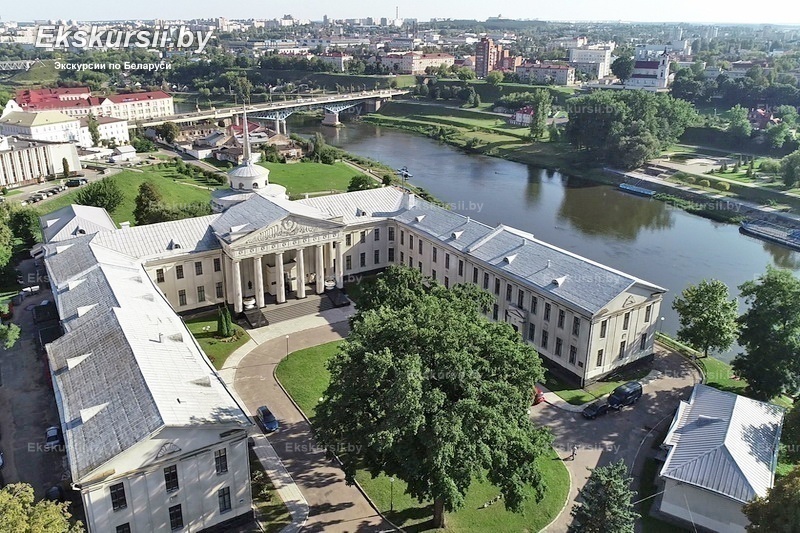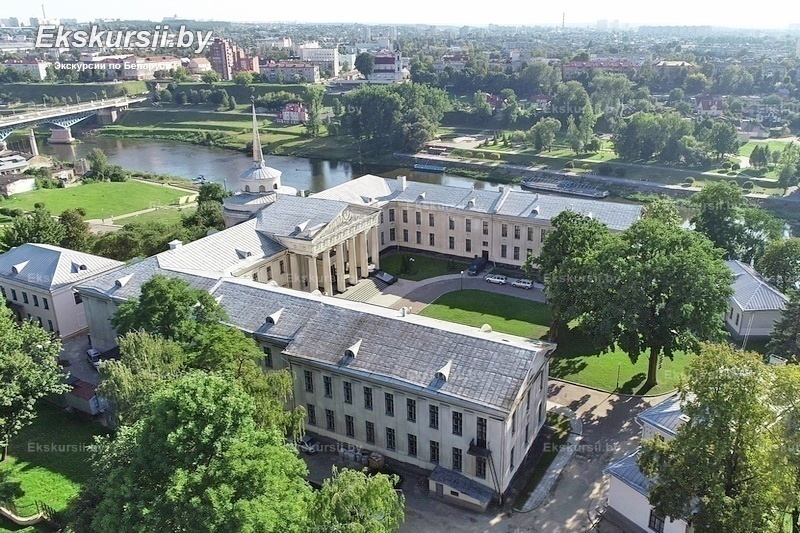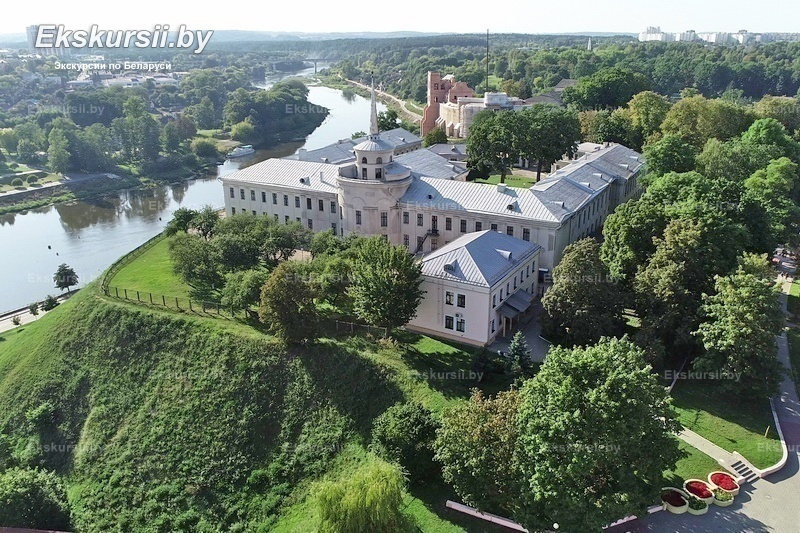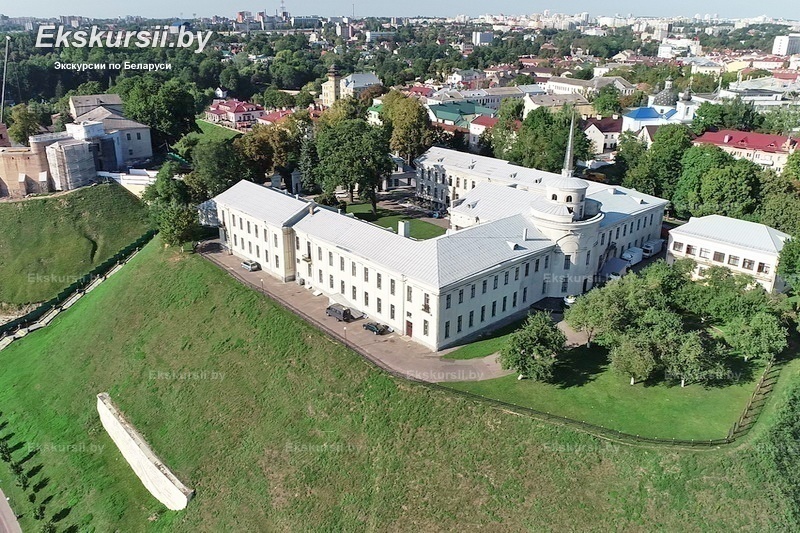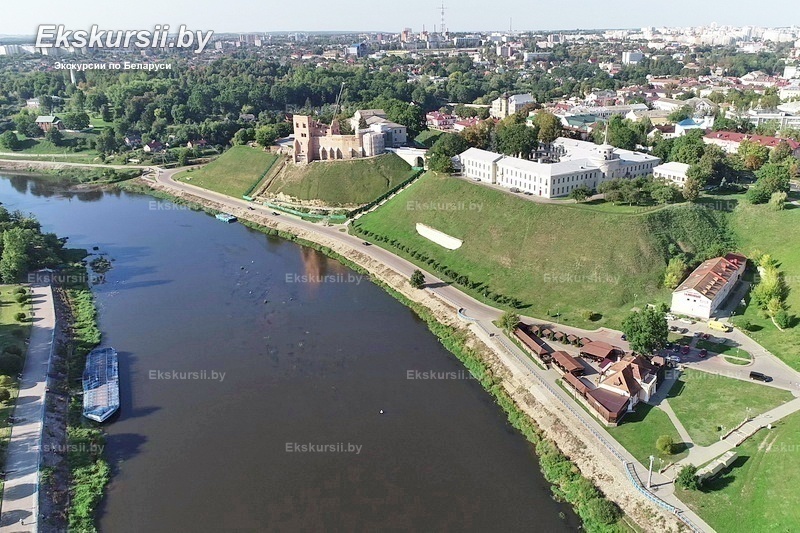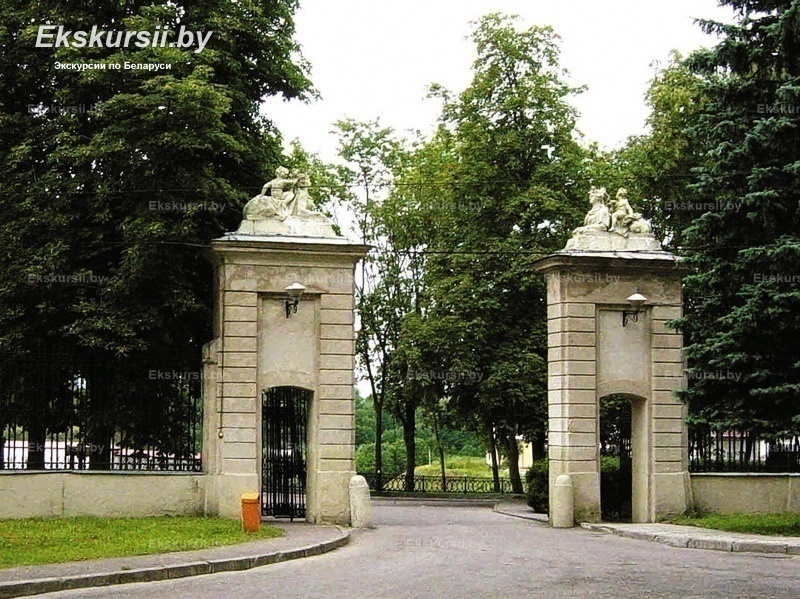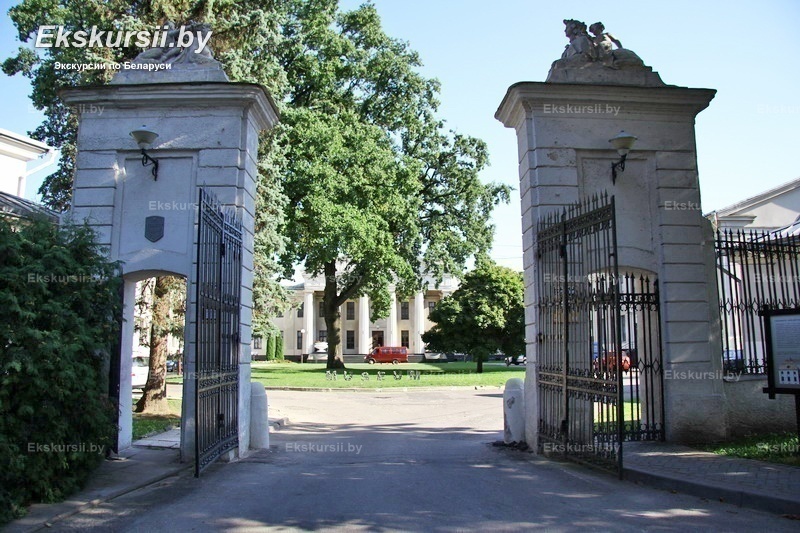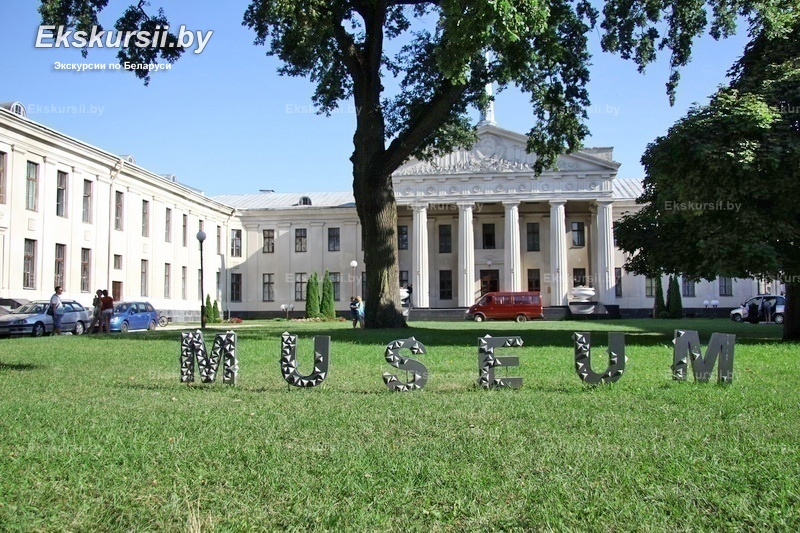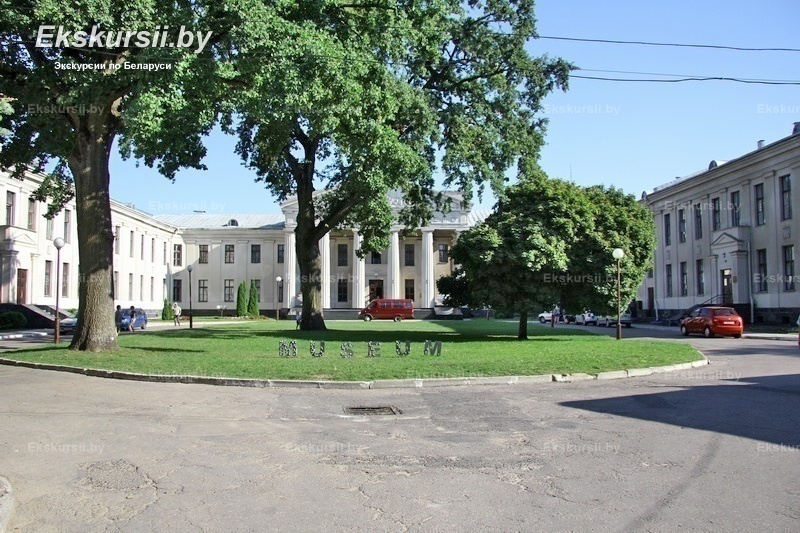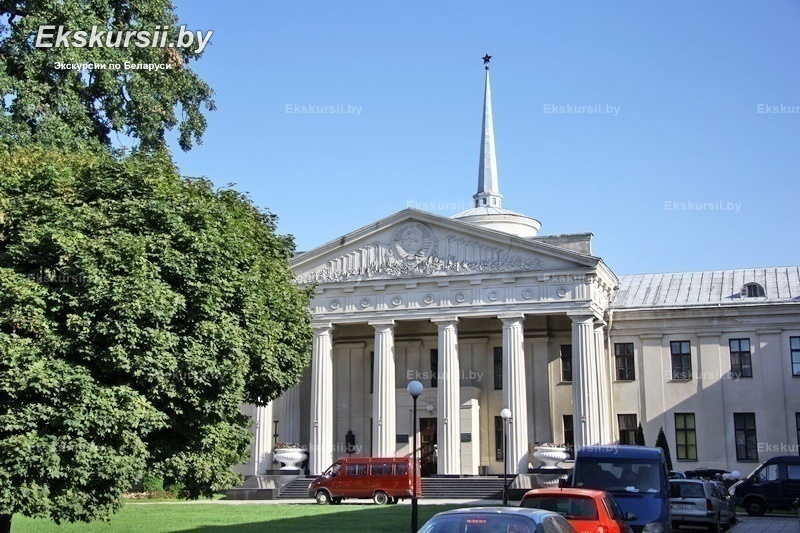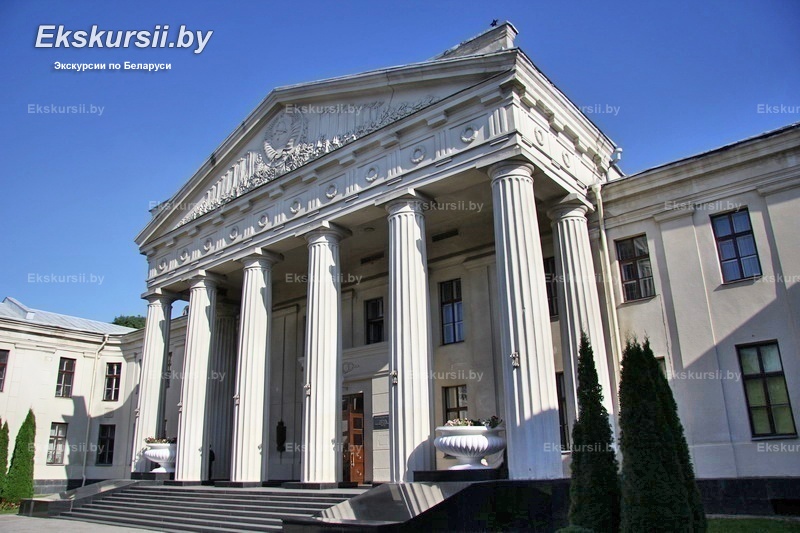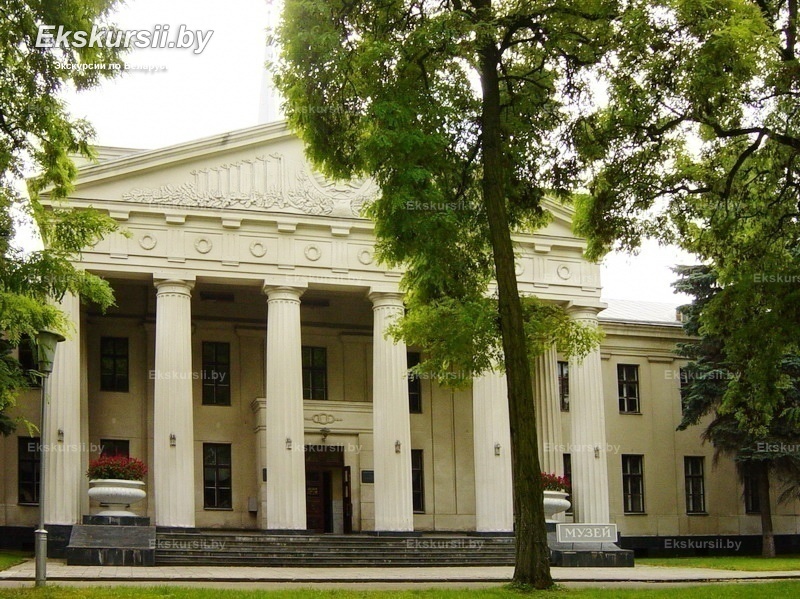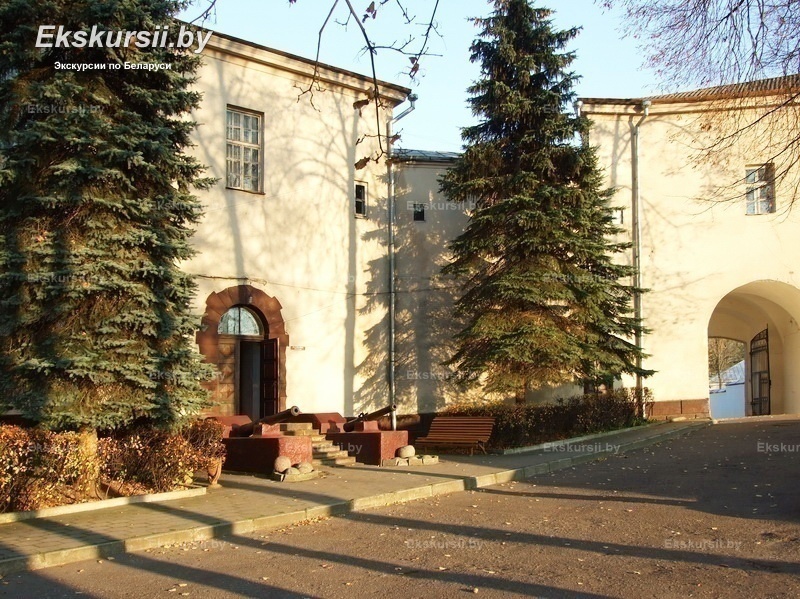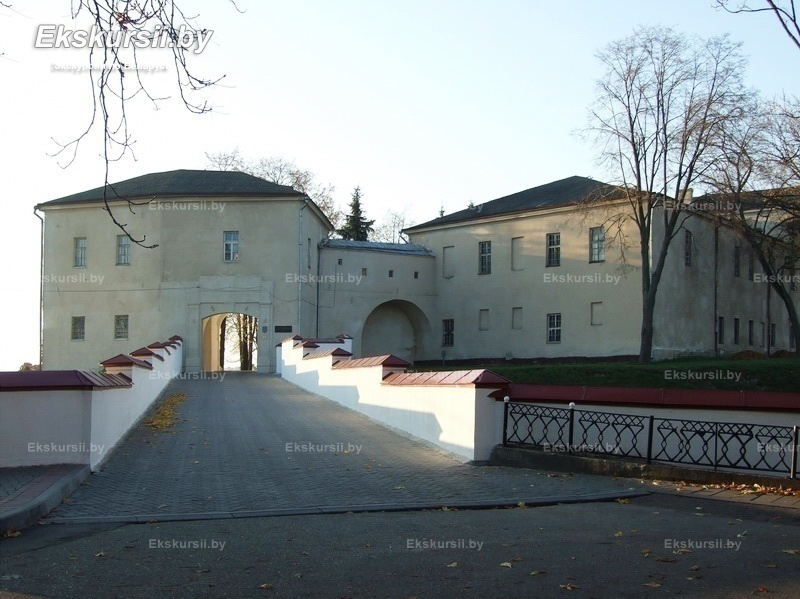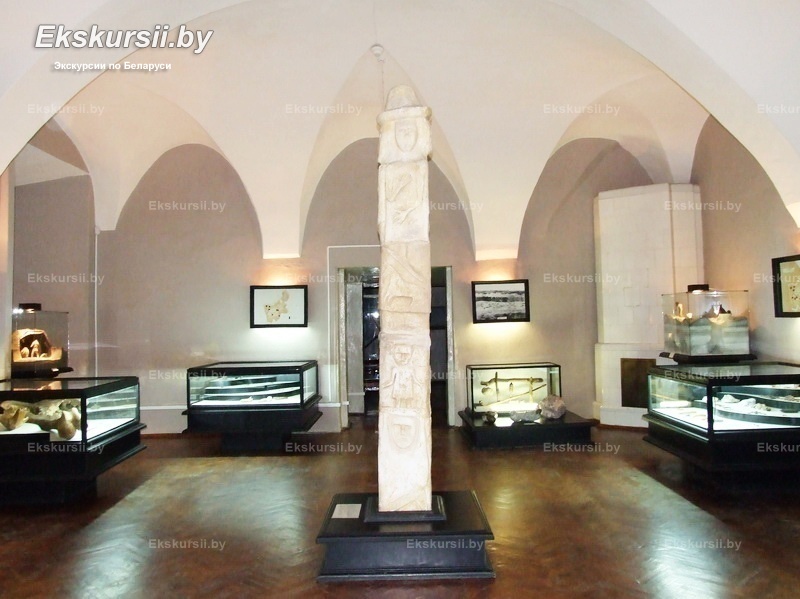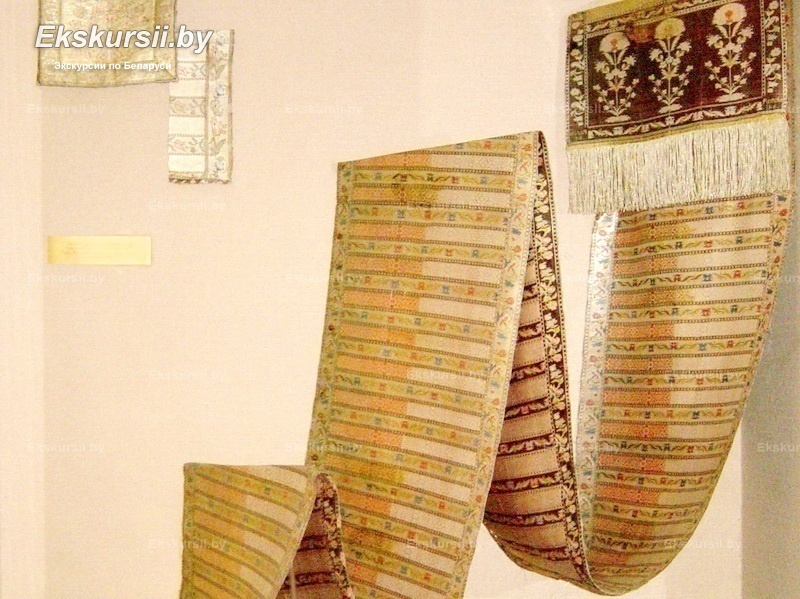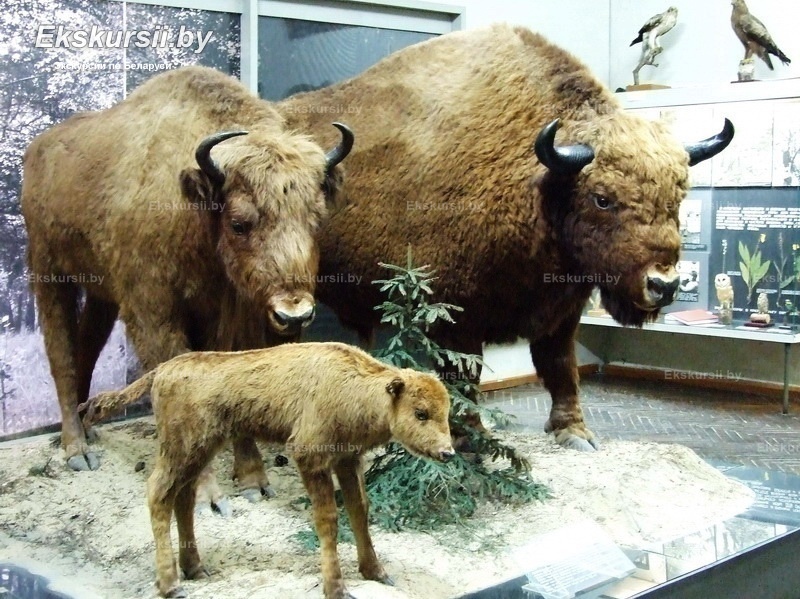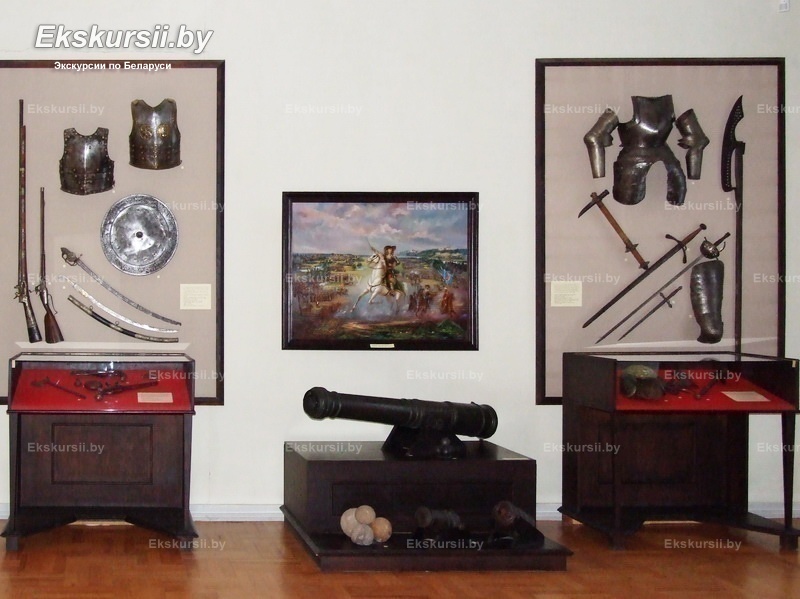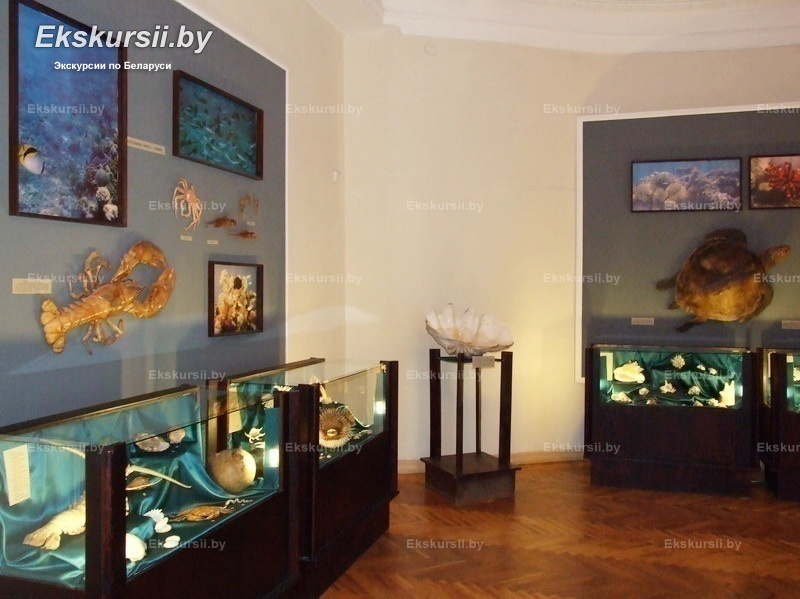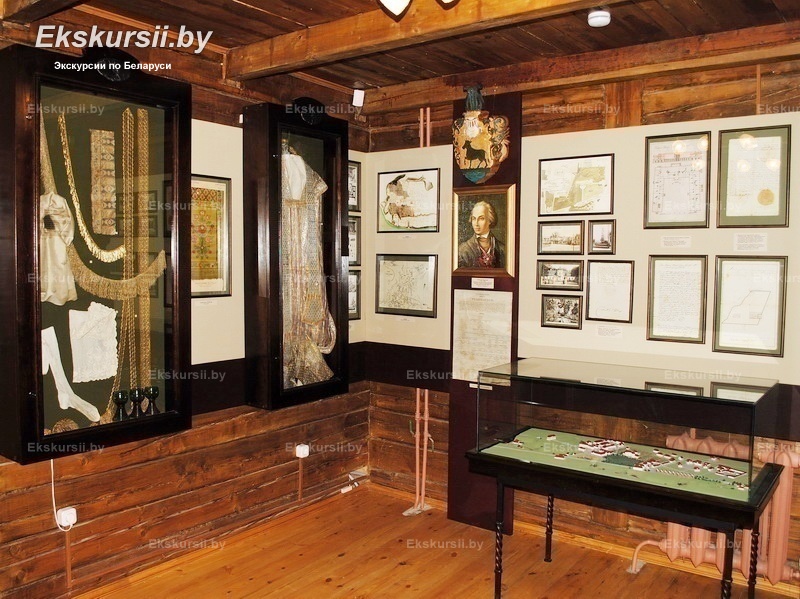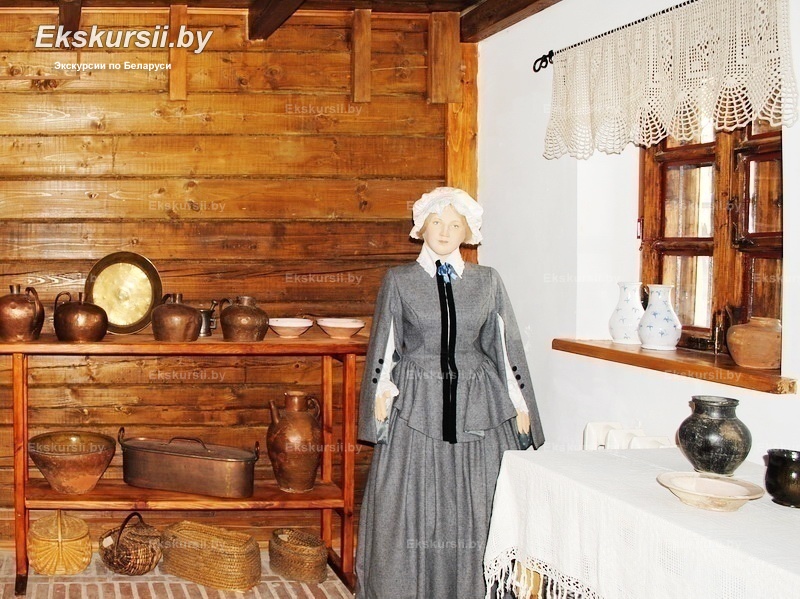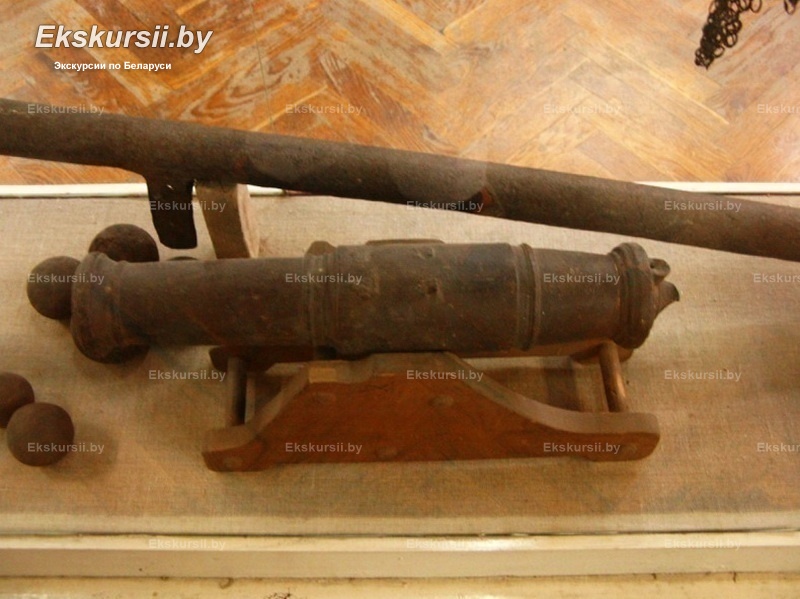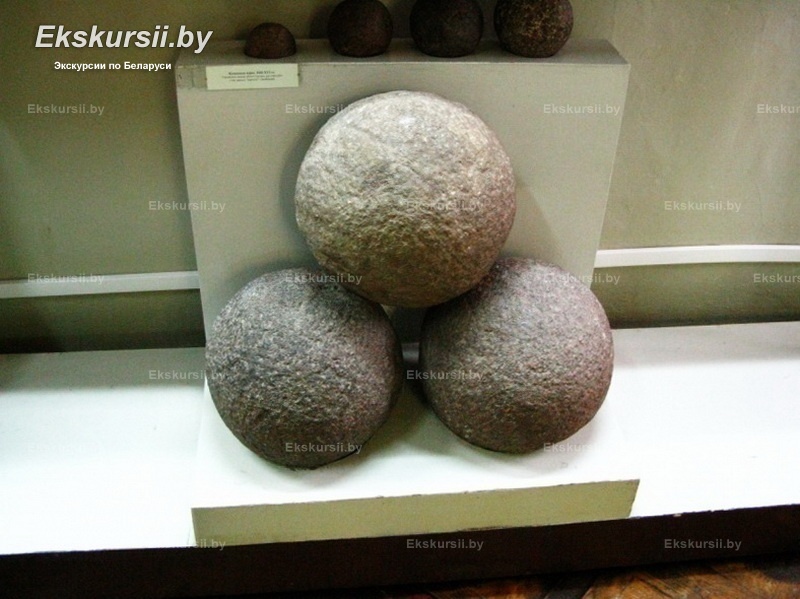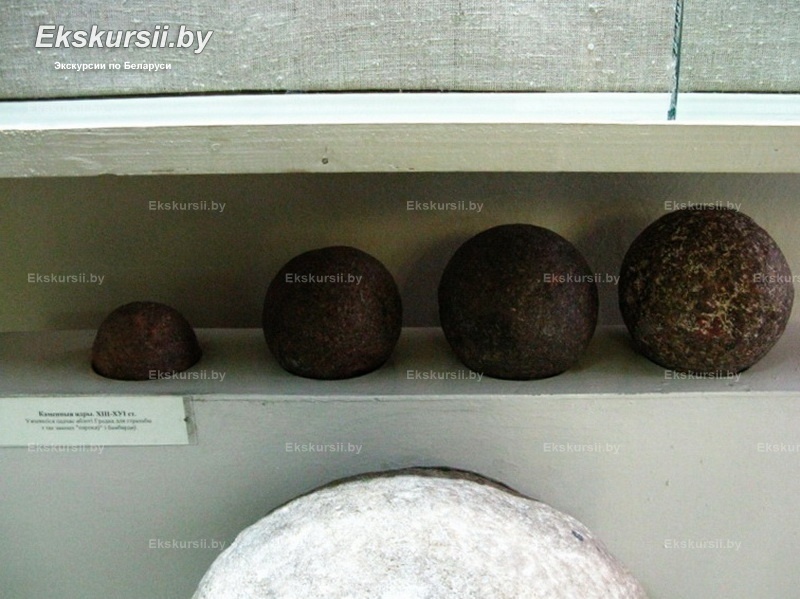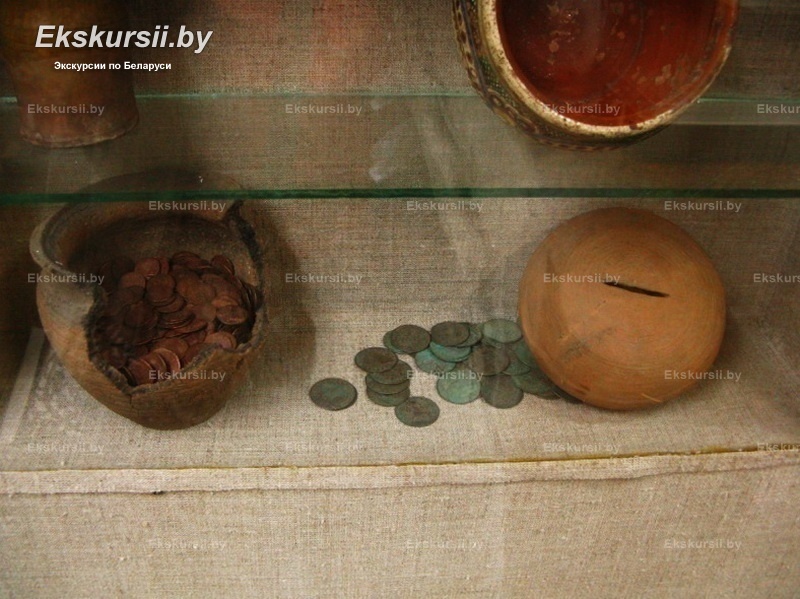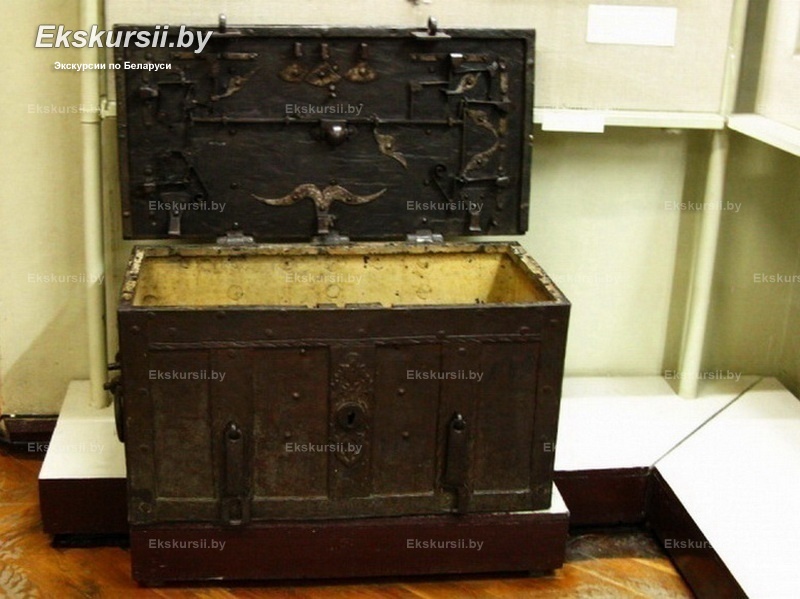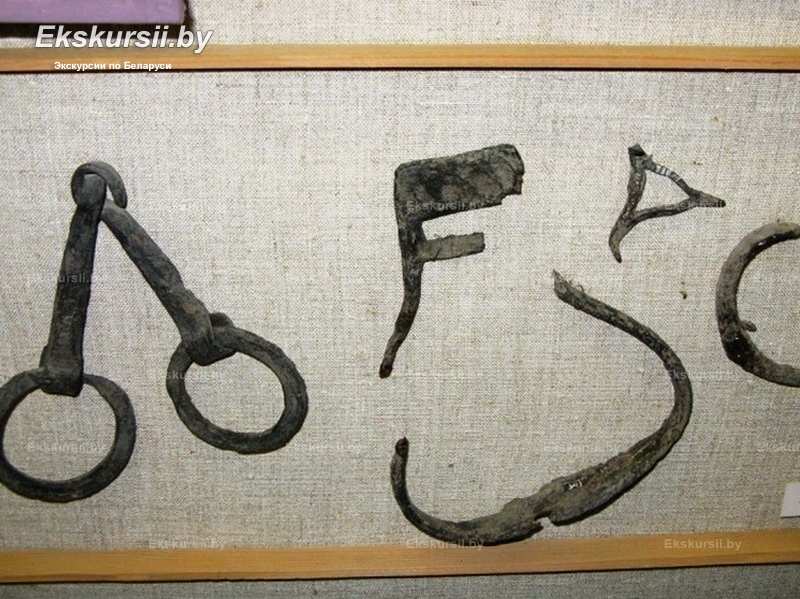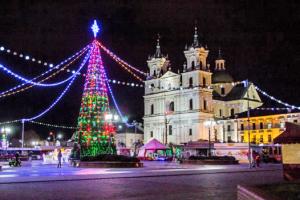The museum organizes research conferences, published a collection of "Local history notes". Being processed museum collections, which are written on the basis of scientific and popular articles. Published or prepared for publication catalogs of some collections (early printed books, maps and plans, "Neman glass", etc.). Museum staff are involved in research and projects for the preservation of historical and cultural heritage of Grodno. Of cultural events are held at the Museum of entertainment activities "Day and Night at the Museum", puppet shows on religious subjects "Batleika" associated with the birth of Jesus Christ Photo Contest "Museum through the camera lens", Regional Studies competition "Voices of History" for students 8 -10 classes and members of local history circles of Grodno and Grodno region, as well as museum studies and lectures. Grodno Historical and Archaeological Museum was awarded the special prize of the President of the Republic of Belarus in the "Museology" ( 2007 ), awarded the title of "Cultural Institution of the Year" (2012), winner of "The Museums of Belarus - the third millennium" in the nomination "better organization of exhibitions from the museum" (2012), winner of the "Museum of Belarus - the third millennium" in the nomination "The best artistic solution exposure".
Grodno state historical-archaeological museum
museums
Description
Grodno state historical-archaeological museum was founded in 1920. The first exhibition was opened in September 1921. December 9, 1922 the grand opening of the museum, which is housed in four rooms of the building eldership. In 1924, the magistrate granted the Museum premises of the Old Castle, in the historical center of Grodno. First curator and director of the museum was an archaeologist, historian, ethnographer and numismatist - Jozef Yadkovsky. As part of the museum collection is one of the most significant collections in Belarus, incunabula and rare books (more than 23,000, including 3 incunabula and 26 paleotypes), rich in archaeological, numismatic, documentary, ethnographic and art collections. As well as the collection of weapons, glass, porcelain, fabrics, the collection of icons. The modern exposition is located in three buildings: the royal palaces of the XVI and XVIII centuries, the so-called Old and New castles and "bosnyatskom" house of the XVIII century on Gorodnitsa. It is now more than 30 rooms, which put up about 7,000 exhibits. The main part of the museum is located in the palace of the old castle, which was built for King Stefan Batory architect Santi Gucci in Florence, on the site of the ancient Upper Castle . There are departments of archeology, history and nature of the Grodno region, as well as one of the exhibition halls of the museum. In 1991, the museum complex was included second Grodno Palace - New Castle. The construction of this palace, designed K.F.Pepelmanom, lasted from 1737 to 1742 . It was built on a nearby hill to the Castle hill, opposite the old castle. In this palace were Diets Commonwealth, including the last one. In New Castle are four permanent exhibits: "New Castle. Events and Destiny", "Saved Values", "Weapons of the past centuries", "The Wonderful World of Nature" and "old-fashioned interior". The exhibition features collections that are the pride of the museum collection: weapons, items, arts and crafts and exotic exhibits department of nature. In the halls of the first floor of the palace, visitors can get acquainted with temporary exhibitions of the museum's own collections and museums in Belarus and abroad, from private collections. Branch , Gorodnitsa Museum, housed in a building erected in the second half of the XVIII century. The museum exhibition devoted to the work of Grodno Anthony Tizengauz elders, who sought to turn Grodno in developed industrial , scientific and cultural center. Every year in the Grodno State historical-archaeological museum hosts more than 40 temporary exhibitions. At present, the museum has 201,887 items, including general fund - 174903, auxiliary science - 26984.
Exposure
”The most ancient monuments Ponemon X century BC - XII century BC” represented the earliest evidence of human activity in the Grodno region since the Paleolithic era, the main stages of the Belarusian settlement Poneman, shows the characteristics of the material culture of the tribes who inhabited the territory of the region during the Stone, Bronze, Iron ages. In the windows can be seen as a very rare chance finds, and the most interesting materials of archaeological research 1920-1990, which give an idea about the unique spiritual and material culture of the population of the region from antiquity to the XII century.
”The history of the Grodno region XII - begin XX centuries” presents collections "Archaeology", "Weapons", "Numismatics", "Documents", "Photo", "Genesis", "Arts and Crafts", "Painting", "Musical Instruments", "Ethnography"? contains material of political and economic history of the region and the city of Grodno, reflects the most important events in the region peacetime and war stories of different centuries, recounts the history of the Grodno castle, the stages of development of the city, tells the story of public figures, celebrities.
”Grodno region in the years of the Great Patriotic War” describes the first defensive battles in the summer of 1941, the occupation regime, the guerrilla movement, "Operation Bagration". On display are weapons (including 45-mm anti-tank gun), underground publications, awards. A special place is occupied complexes devoted to the famous natives of Grodno - participants of the Great Patriotic War - S.Vorkovu, N.Pavlovskomu, A.Antonovu, V.Sokolovskomu.
”Grodno in the Afghan War” describes the social order of Afghanistan, the country's life in the years 1979-1989., participation in the Afghanistan war, soldiers and officers - natives of the Grodno region. The exhibition is based on the original photos, documents, awards soldiers-internationalists shows weapons and military uniforms. A special place is kind of Grodno "island of tears" with pictures of 73 natives of Grodno, who died in Afghanistan and other local conflicts in the second half of the twentieth century.
”Nature Prinemanskogo edge” talks about the local nature. Here you can take a trip to ancient times and trace the progressive development of life on Earth from its simplest form to the vast diversity in the present. Reflected phenology, showing the diversity of flora and fauna of water bodies, meadows and forests Poneman, who represented Biogroup, exhibition complex and dioramas, showing a lot of members of the "Red Book of the Republic of Belarus".
”Lower Church” the lower church is one of the original sites of Grodno school of architecture of the XII century. Today only preserved remains of the walls of the church, which are conserved and are in a special pavilion. It built a special area for the inspection of the temple on top, placed information boards with photographs of the Church of the research process, as well as photos of the individual findings, which were used for the interior decoration of the church.
”Saved Values” the exhibition features works of art and historical relics XVI - XX century. Among the works of decorative art are the clocks of different types (desktop, handheld, road). Noblest kind of ceramics is porcelain is represented small plastic tableware manufacturing factories of Meissen and Nymphenburg, the Berlin Royal Porcelain Manufactory, St. Petersburg Imperial Porcelain Factory. A collection of silver jewelry includes elegant silverware in England, France and Russia. In the halls are exhibited different icon, including salaries.
”Weapons of past centuries” showing samples of arms XI-beg. XX centuries. Among these archaeological finds XI-XIII centuries, Various types of weapons and firearms, armor, uniforms and equipment of the troops of the Grand Duchy of Lithuania, the Russian army and the East.
”The wonderful world of nature” the basis of the exhibition put private collection resident Grodno Stanislaus Zhivno he collected a long time when I lived and worked in America. Here you can see the representatives of the depths of the seas and oceans, animals of different geographic areas of the world, exotic insects and many other exhibits that are little-known fauna from different continents.
”Antique interior” shows a collection of furniture and a number of interior and decorative arts, sculpture, painting, drawing XVII - XX century.
”Museum of the History of Gorodnitsa” devoted to the activities of Grodno elders and podskarbiya outhouse Lithuanian Tizengauz Anthony, who sought to turn Grodno in developed industrial, scientific and cultural center.
Working hours
Administration 08:30 - 17:30 weekend Saturday, Sunday
Cash 10:00 - 17:00 weekend Monday
Exposure 10:00 - 18:00 weekend Monday
On the map
Address
230023, Republic of Belarus, Grodno region, Grodno, Castle st., 20
Coordinates
Choose where to continue
Ekskursii.by
Google Chrome

